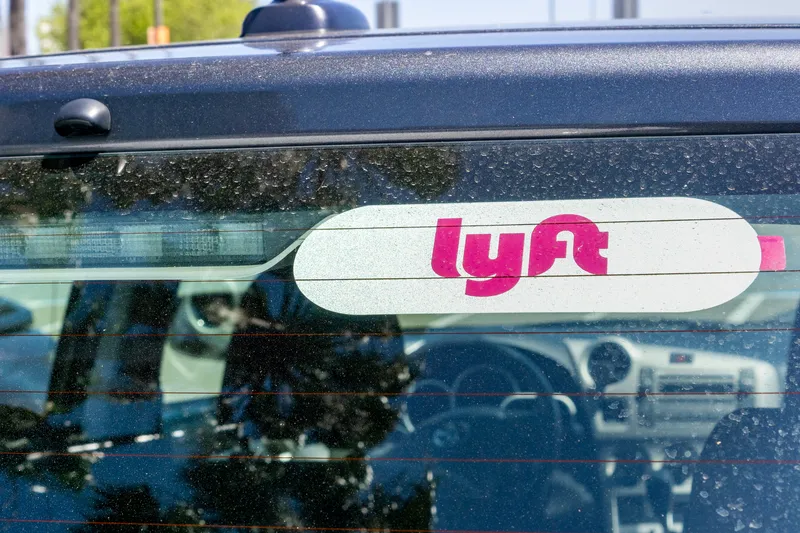
Lyft is to buy bike-share group PBSC Urban Solutions, doubling the ride-hailing firm's footprint in micromobility - and all in the docked, rather than floating, market.
Since 2008, PBSC has deployed 7,500 stations and 95,000 bikes to 45 markets and 15 countries.
The acquisition of PBSC is expected to close by the end of June; David Foster, head of transit, bikes and scooters at Lyft, said it would "help us deliver world-class products and experiences to riders in the largest cities around the world in the coming decade".
Luc Sabbatini, president and CEO of PBSC, called it a "huge development and opportunity".
"There is a clear alignment of values, complementarity of skills and products and a unique worldwide footprint," he added.
While Lyft has been primarily known as a ride-hailing entity it has significant interest in micromobility: in New York, it has doubled the size of its Citi Bike flagship from 12,000 bikes to over 24,000.
In 2018, it acquired Motivate - which with PBSC was involved in forming the Bixi System in Montréal.
The pitch to users from Lyft and PBSC is that docking stations "create predictability and order in the public right of way for pedestrians".
They say their experience "can support cities’ efforts to reclaim public space for residents".








